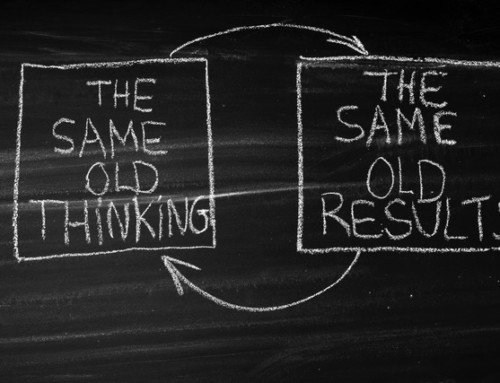Group interviews are more of a norm these days. In the past they were reserved mostly for candidates seeking positions at the “C Suite” level (CEO, CFO, CTO, etc.) and executive directors in non-profit organizations. Because group interviews are no longer confined to these lofty roles, it’s essential for job seekers to understand, prepare for and navigate them successfully.
Group interviews are more challenging than one-on-ones.
It’s a bit like the difference between practicing basketball free throws versus a new player to the team joining a game in progress with an established team.
- In one-on-ones, it’s a little easier to read an individual, develop rapport, understand their perspective and focus your answers to their questions based on their view of the position.
- When you have a number of people in the room it is a little harder to understand where they’re coming from and predict the types of questions them may ask.
- Additionally, there may be some disagreement, divisions and factions within the interview panel you’ll need to ferret out and manage during the interview.
Do not get caught off guard.
If you are working with a recruiter, they will be able to provide you with invaluable insight and prepare you for your group interview. Another source of behind-the-scenes knowledge of the interview panel? Tap the person who suggested you apply for the position. AND, you need to do your own due diligence.
Research for rapport building.
Dig as deep as you can (but don’t stalk). The goal? Come up with personal information (hobbies, affiliations, interests) you can use to break the ice and build rapport with each individual on the panel.
Create your summary of benefits.
Group interviews require you to take your list of accomplishments (see Five Steps to Interview Success and Skills Map) to another level. During group interviews you must focus your answers to questions to succinctly satisfy multiple perspectives. You need to summarize your points and present them to everyone on the panel at the same time.
- Create a list of the requirements mentioned in the job description and additional needs mentioned in previous interviews.
- Match that with your experience and accomplishments.
- Develop benefit-oriented summary statements, ex. “My experience with ABC requirement is EFG and resulted in HIJ which means I’ll be able to accomplish XYZ.” The “XYZ” is your benefit to the company.
During the Group Interview
Individually greet each person on the interview panel and ask a few questions before you start answering them! Regardless of whether or not the interview panel walks into the room before or after you, make sure that you introduce yourself to each person, shake their hand and ask for their name and title, or perhaps even “How would we be working together?” This will help break the ice. If there are no name cards, write each person’s name and title on the pad of paper that you’ve brought with you and match them to a seating diagram. (You will, of course, have a pad of paper with you).
Engage everyone.
If one or two interviewers dominate the interview with their opinions, it is up to you to bring others into the conversation. You most likely will be working with all of them in the near future. This is your chance to get a feel for who they are and where they stand on important issues that impact the position. If you need to, go around the room to make sure everyone has a chance to be heard.
Timing is everything.
Respect your interviewer’s time. Watch the clock and observe body language. Gauge the time you need to take to answer their questions accordingly. Pay attention to who is officially or unofficially in charge of the interview and watch them for cues.
Be friendly but not afraid.
During group interviews, it’s likely differing views will be revealed. Your role is to observe needs and respond to them or at least try to understand them better. Rather than shying away from conflict, when controversial topics come up, open up a healthy dialog. Probing questions like:
- “How is that working for the organization now?
- “What kind of improvement are you looking for?”
- “How will you know when you’re successful?”
will showcase your ability to handle conflict and lead.
Finish strong.
Close by concluding how you are the best candidate to take them to their next level. Thank them sincerely for their time – panel interviews are a big investment and require a lot of coordination on their part. Ask about their next steps. Shake each of their hands. Write an individualized thank you to each interviewer after the interview. Even if you don’t get hired, you just made an excellent impression on several valuable new contacts you may encounter again in the future. Nice job!
Group Interview!?! Succeed!
Connie Dorigan, Founder and Director of Recruiting, sees the food processing industry as the link between good living and good people. She’s the west coast’s most experienced and trusted food processing recruiter. She also provides Executive and Career Coaching and lots of free job search tools. Once you’ve connected with Connie, you’ll always be connected.
© 2018 Connie Dorigan. All rights reserved.
This is a general interest article and does not constitute specific or legal advice.





